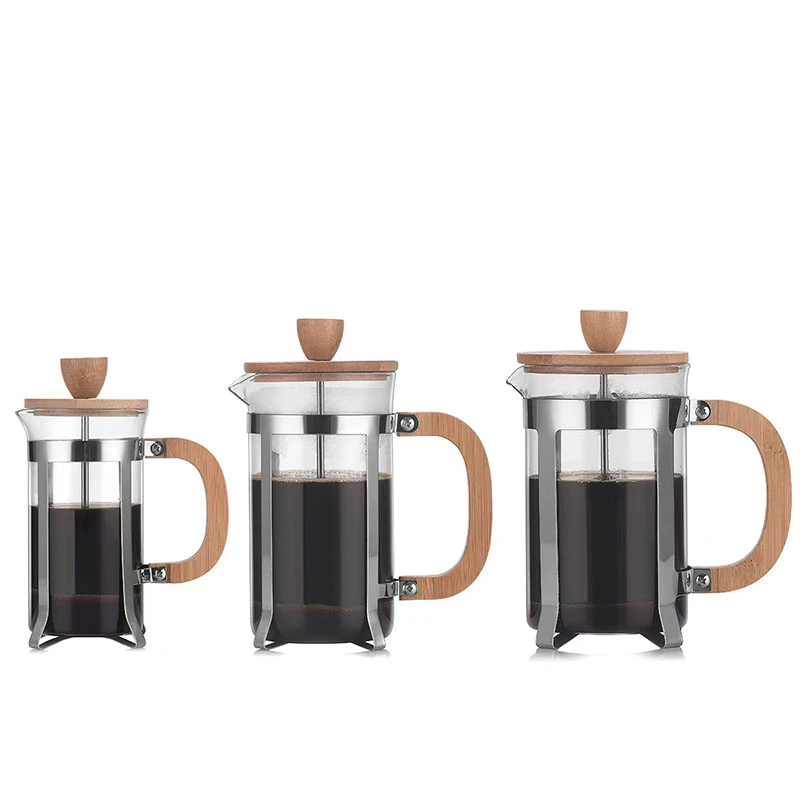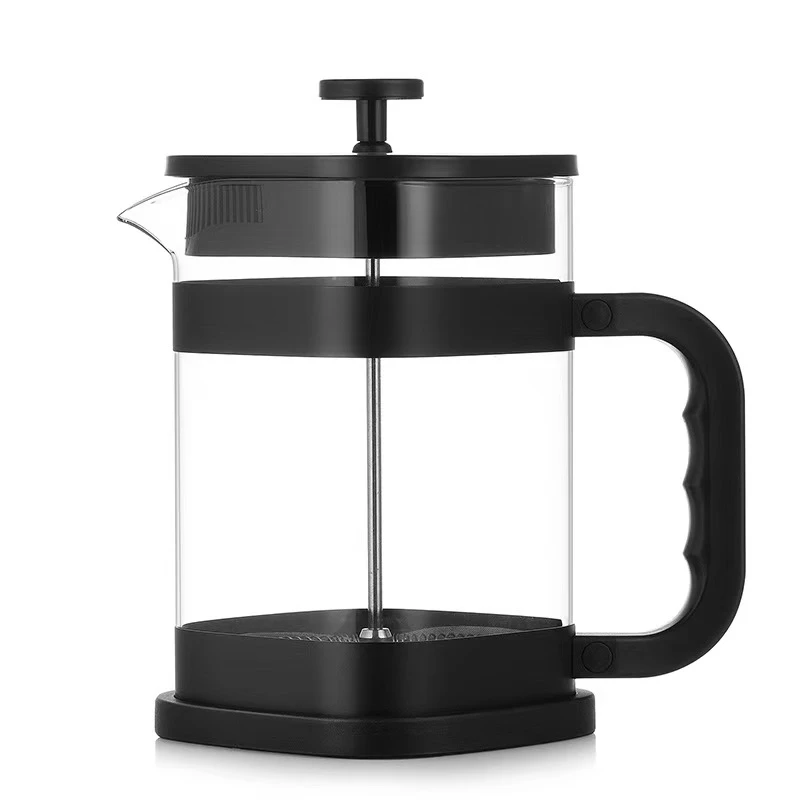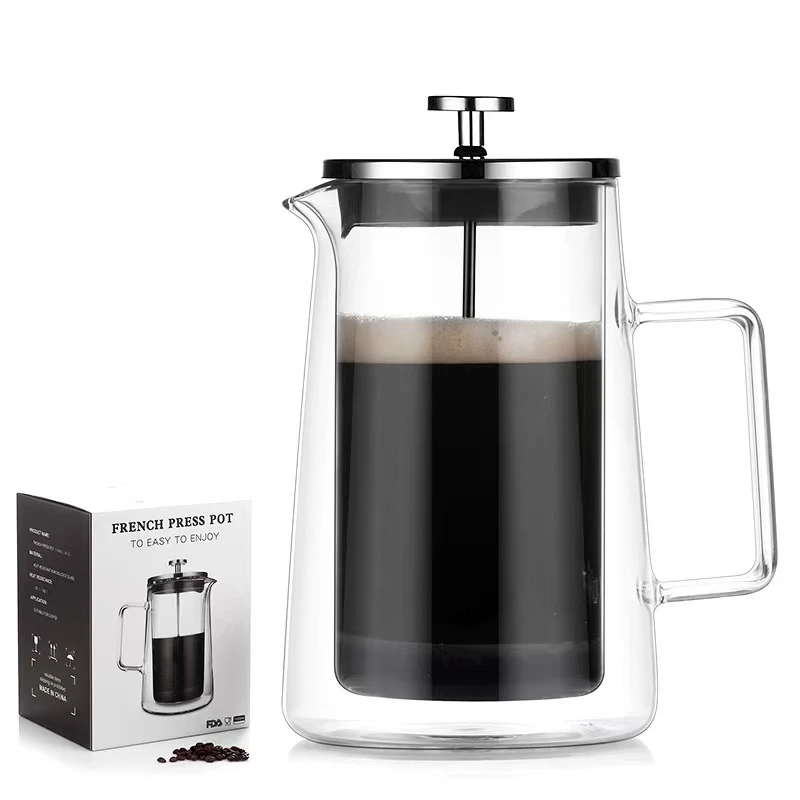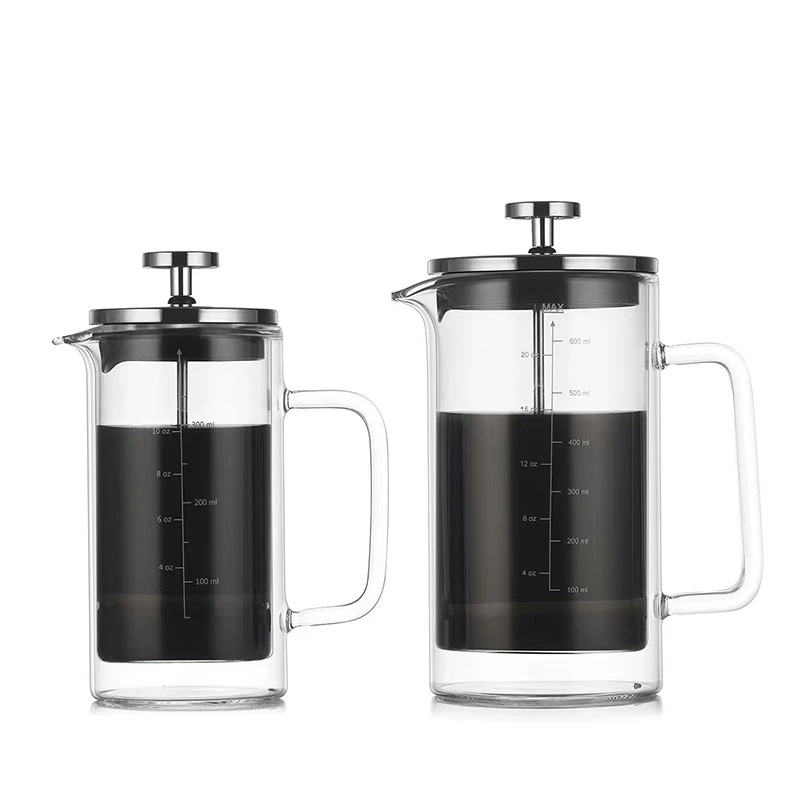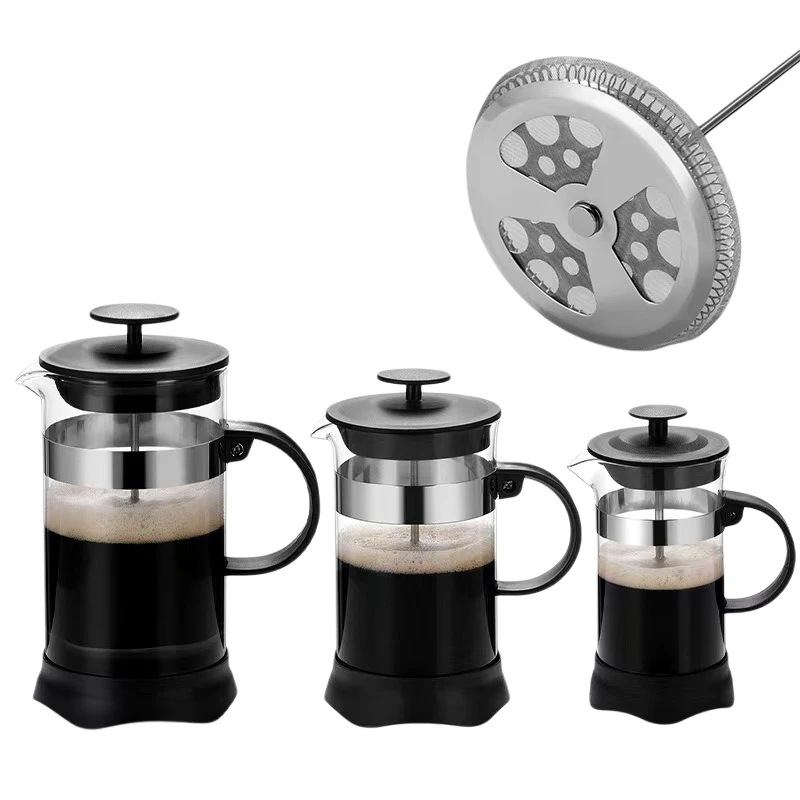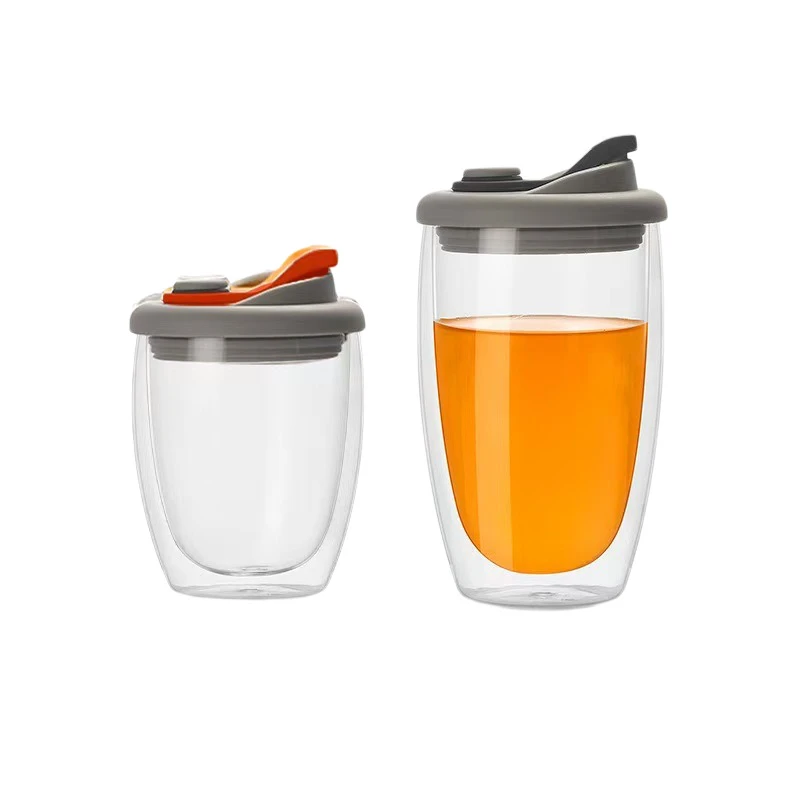 TEL: +86 311 67799298
TEL: +86 311 67799298 Email: tina@yintoglassware.com
Email: tina@yintoglassware.com
Eco-Friendly Glass Containers for Sustainable Food Storage Solutions Without Plastic
Embracing Plastic-Free Glass Food Storage A Sustainable Choice for Healthier Living
In recent years, the environmental impacts of plastic pollution have become increasingly evident, prompting a growing number of individuals and families to seek sustainable alternatives for their everyday life. One of the most effective ways to contribute to a healthier planet is by opting for plastic-free glass food storage solutions. Not only does glass provide a more eco-friendly option, but it also offers numerous benefits for our health and food preservation.
The Environmental Impact of Plastic
Plastic has infiltrated nearly every aspect of our lives, from the packaging of our food to the containers we store it in. Unfortunately, the convenience of plastic comes at a significant environmental cost. Millions of tons of plastic waste end up in landfills and oceans each year, taking hundreds of years to decompose. The chemicals released during the breakdown of plastic can be harmful to wildlife and contribute to environmental degradation. By choosing glass food storage options, consumers can help reduce the demand for single-use plastics and lower their carbon footprint.
Health Benefits of Glass Storage
One of the major advantages of glass food storage containers is their safety for food preservation. Unlike plastic, glass does not leach harmful chemicals into food, especially when exposed to heat. This is particularly important when reheating leftovers in the microwave or oven. Many plastics contain substances like bisphenol A (BPA) and phthalates, which have been linked to various health concerns, including hormonal disruptions and increased risk of some cancers. Glass is non-toxic, BPA-free, and does not harbor bacteria, making it a safer choice for storing food.
Versatility and Longevity
Glass food storage containers are incredibly versatile. They come in various shapes and sizes, catering to different storage needs—from lunch boxes for on-the-go meals to meal prep containers for weekly planning. Many glass containers are designed to be microwave, oven, and dishwasher safe, adding to their convenience in daily life. Furthermore, glass is durable and resistant to scratching, meaning it can last for years with proper care. Unlike plastic, which can warp or degrade over time, glass maintains its integrity and does not absorb odors or stains.
plastic free glass food storage
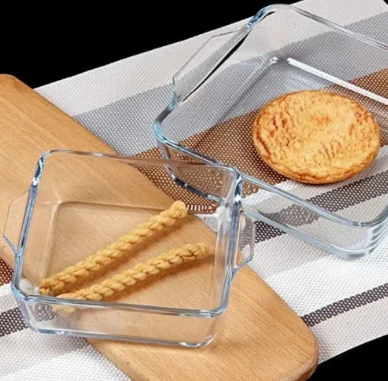
Aesthetic Appeal
In addition to practical benefits, glass storage containers often have a sleek and modern aesthetic that enhances the visual appeal of your kitchen. Clear glass allows you to see the contents at a glance, making it easier to organize meals and ingredients. You have the option to choose from beautifully designed lids—many of which are made from sustainable materials like bamboo or silicone—allowing for a stylish blend of functionality and eco-friendliness.
Supporting Local and Sustainable Brands
As awareness of the environmental issues caused by plastic grows, many brands are emerging with a focus on sustainability. Supporting local businesses that produce glass food storage containers is a great way to promote eco-friendly practices. Many of these brands emphasize ethical sourcing and environmentally friendly production methods, so your choice to buy glass over plastic not only supports the reduction of waste but also encourages responsible manufacturing.
Making the Switch
Transitioning to plastic-free glass food storage is a manageable step toward a more sustainable lifestyle. Start by gradually replacing your plastic containers with glass ones. Begin with essentials like meal prep containers or glass jars for dry goods. This not only supports your health but also sets a precedent for friends and family, encouraging a broader movement toward sustainability.
Conclusion
Opting for plastic-free glass food storage is more than just a trend; it's a conscious lifestyle choice that benefits your health and the environment. As we strive for sustainable living, making the small yet impactful switch from plastic to glass can lead to a cleaner, healthier planet for future generations. By embracing these alternatives, we can all play a part in reducing plastic waste and promoting a more sustainable way of living.
-
Unparalleled Convenience by High Borosilicate Glass Bottle with a Cork LidNewsJul.17,2025
-
The Versatility and Convenience of Glass Salad Bowl SetsNewsJul.17,2025
-
The Practical Wide Application of High Borosilicate Glass Food Storage ContainerNewsJul.17,2025
-
High Borosilicate Colored Glass Bowl VS Soda-Lime Glass and Tempered GlassNewsJul.17,2025
-
Creativity with Customized Colored Glass Dinnerware Sets for SaleNewsJul.17,2025
-
Advantages Analysis of Double Wall French PressNewsJul.17,2025



